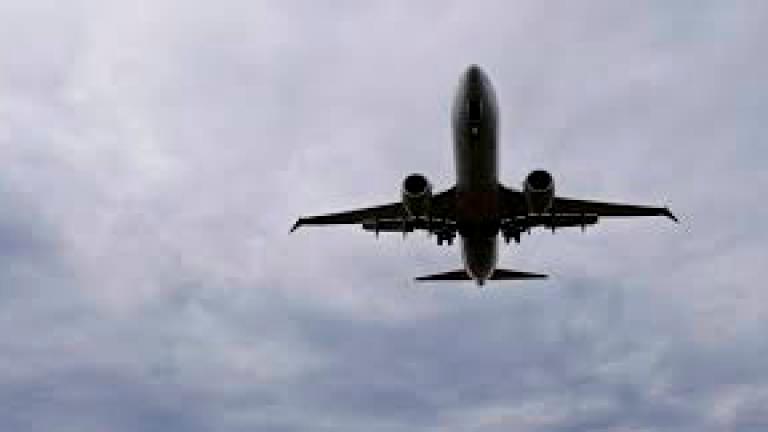PETALING JAYA: From soaring in the clouds to struggling on harsh terrain, that is the hard landing that have befallen some pilots in the last few months.
The airline industry is one of the most hard-hit by the Covid-19 pandemic. With travel restrictions still in force in most parts of the world, many airlines have folded their wings for good, while others are surviving on just a few flights a month.
This has led to drastic pay cuts or retrenchment for airline workers, pilots among them.
Others in the tourism trade are not doing any better. Some have lost their jobs while small businesses are barely surviving.
As a result, many have started selling home-cooked food for additional income. Most are keeping tabs on their daily expenses or, in a worst case scenario, selling off their possessions.
Malaysian Pilots Association president Capt Abdul Manan Mansor said some pilots have turned to the e-hailing service sector to survive the downturn.
A pilot with a Malaysian airline, who asked not to be identified, said he is surviving on some cash he has in hand while the moratorium on loan repayments is still in force.
“I may have only one flight a month, and my income has dropped by 80%,” he told theSun.
Others are not as resilient. Last Monday, a 35-year-old pilot reportedly committed suicide after losing his job as a flight captain.
Despite the lifting of some restrictions under the recovery movement control order, the financial situation for some has barely improved.
“We are not doing very well. With most planes grounded, there is very little the airlines can do to pay salaries as they have no (revenue),” Abdul Manan said.
Some pilots make about RM2,000 a month as e-hailing drivers while others depend on the government’s Wage Subsidy Programme, that pays between RM600 and RM1,200.
“But for these people who used to earn upwards of RM30,000, this barely helps,” he said.
However, he is optimistic that the airline industry could recover “in a couple of months” once a vaccine is found.
It is not much better in the hospitality sector. A director of sales at an international hotel chain said his salary has been cut by 30%, forcing him to ease up on lifestyle choices such as the occasional expensive meal with his family.
Mavis Pang, who has served in the tourism industry for more than 20 years, lost her job in sales and marketing two months ago.
She now sells home-cooked food and has even started an initiative to bring food and beverage suppliers, who used to serve hotels, directly to consumers.
“However, this is mostly to fill up my time. I earn less than RM1,000 a month from it,” she said.
Band manager Nabel Imran had always depended on weddings to earn an income. As entertainers, he and his band mates would perform at such events.
“We used to get two or three bookings a week before the movement control order (MCO) was imposed on March 18.”
They were charging RM2,000 for each performance and the money would be shared among them.
“But now, we may get only two bookings a month.
“I had to give up my studio and sell some of my equipment,” he said.
To compound his predicament, Nabel had to return all the deposits collected for gigs that were cancelled after the MCO was imposed.
Read this story on our iPaper: From pilots to musicians, many reeling from life-shattering effects of Covid-19 pandemic










